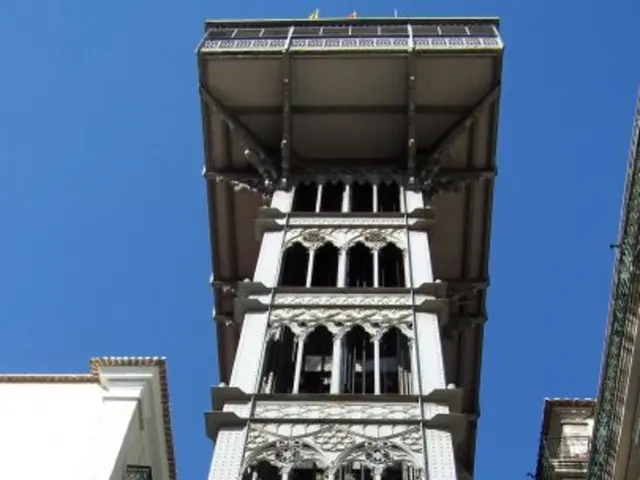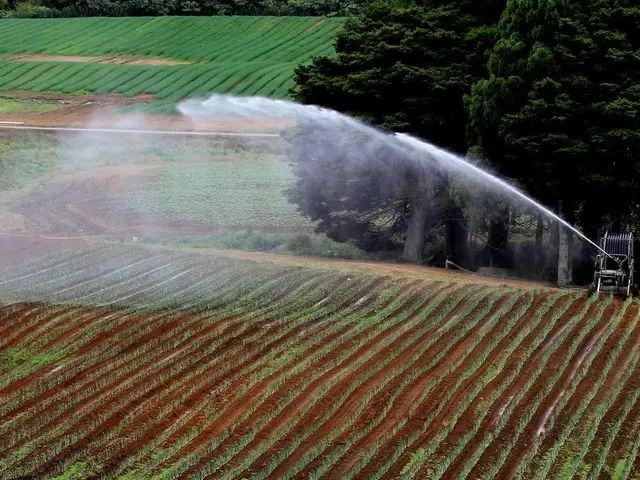Ministry announces plans by Pannier-Runacher, Létard, and Vautrin to make the shift towards eco-friendly vehicles smoother with tangible steps
On Monday, 23rd September 2024, President Emmanuel Macron announced a significant government reshuffle, appointing three new ministers with a focus on ecological and social transition.
Agnès Pannier-Runacher, born in Paris, takes on the role of Minister for Ecological Transition, Energy, Climate, and Risk Prevention. With a background in both politics and business, Pannier-Runacher has held high-ranking positions under Édouard Philippe, Jean Castex, and Elisabeth Borne's governments.
Valérie Létard, from Orchies, has a long and varied political career, marked by her involvement in several centrist parties. Létard, who served as both senator and deputy for the Nord department multiple times since 2001, has been appointed as Minister for Housing and Urban Renewal. Under Nicolas Sarkozy's presidency, Létard was Secretary of State for Solidarity and later for Green Technologies and Climate Negotiations.
Catherine Vautrin, from Reims, began her political career in 1983 as a municipal councillor in her hometown. Vautrin, who led the Grand Reims Urban Community from 2014 to 2024 and presided over the National Agency for Urban Renewal (ANRU) from 2022 to 2024, has been appointed as Minister for Partnership with the Territories and Decentralisation.
These three leaders bring vast experience and strong political backgrounds, with a focused commitment to driving both ecological and social transition across France.
The government's ecological policies must not be perceived as a series of restrictions but rather as measures that improve quality of life, particularly in critical areas such as air quality, access to clean water, and protection from the effects of climate change.
In addition, the ministers are tasked with ensuring that the policies promoting vehicle electrification reach all corners of the country, including rural areas that are more reliant on private cars. The government's two key industrial goals are to reach the production of two million electric cars in France by 2030 and installing 400,000 public charging points by the same year.
Avere-France has announced that they will present new proposals on mandatory fleet electrification in the coming days. This move is part of the government's efforts to reduce reliance on fossil fuels and promote the use of electric vehicles (EVs).
The handover of power took place on Monday, marking a new chapter in France's journey towards a greener and more sustainable future. The new ministers are ready to take on the challenges ahead and work towards a more ecologically and socially transitioned France.
Read also:
- Emerging Investment Trends in China's Ethical Finance Sector for 2025
- Celebrated Title: Cheesemakers Blessed Upon
- Construction and renovation projects in Cham county granted €24.8 million focus on energy efficiency
- Trump challenged in court over halting billions in funding for electric vehicle charging infrastructure








